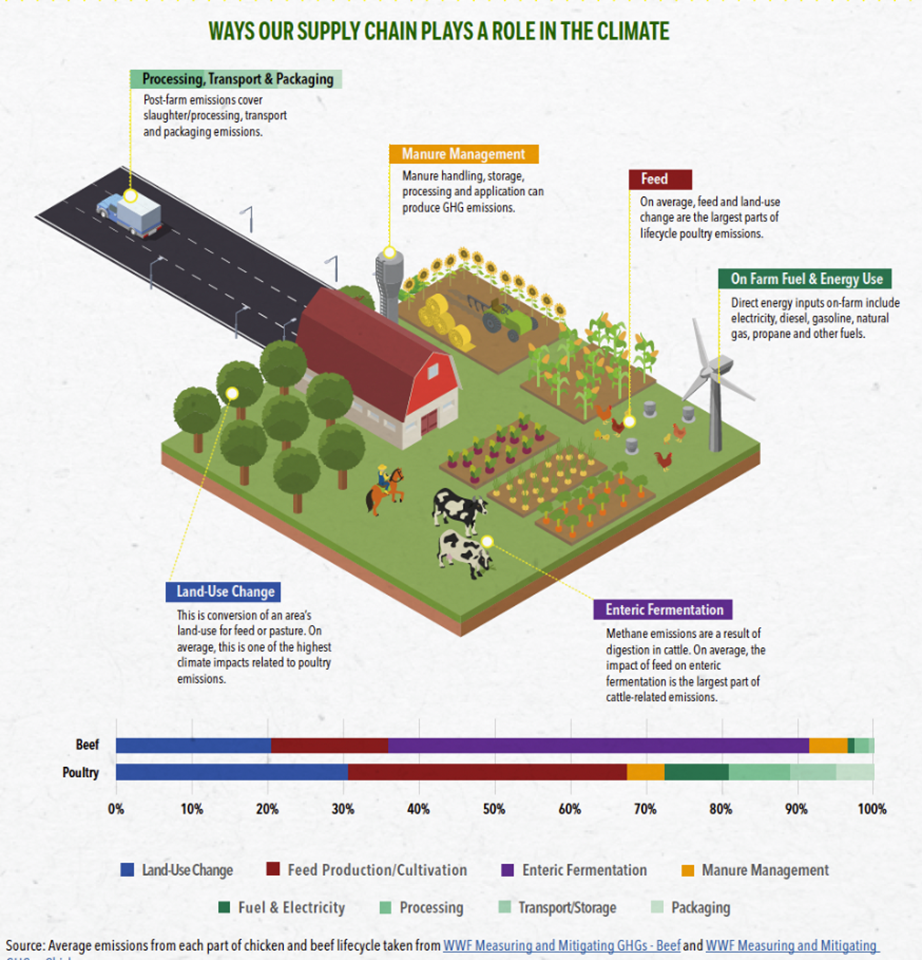Due to increasing consumer awareness, regulatory pressures, and corporate recognition that sustainable practices can lead to competitive advantages, companies are increasingly focused on developing and implementing new strategies, products, or processes that focus on environmental challenges. Key areas of innovation include product development, process improvement, and business model innovation. Companies can reduce costs, improve brand reputation, enhance risk management, and foster a culture of innovation by embracing sustainability. There are challenges with sustainability such as short-term costs and measurement difficulties, but there are also significant potential benefits. Here are a few examples of sustainability innovation we have been tracking.
Volvo Updates Sustainability Strategy
Since Volvo released its sustainability strategy in 2019, the company has made significant strides toward achieving its climate action targets. Sixty-nine percent of Volvo’s operations are currently being powered by climate-neutral energy, compared to 55% in 2019. Volvo also uses 100% climate-neutral electricity across its manufacturing plants globally, compared to 80% in 2019. In addition, Volvo has reduced its CO2 emissions per car by 19% since 2018.
Volvo has updated its sustainability ambitions for 2030 to include:
- Reduce CO2 emissions per car by 75% (compared to 2018 levels)
- Reduce energy usage in operations per average car by 40% (compared to 2018 levels)
- Reach 30% average recycled content across the fleet, with new car models having at least 35% recycled content
- Reduce water use in owned operations by 50% average per car (compared to 2018 levels)
- At least 99% of all waste from operations to be either reused or recycled
Volvo aims to reach net zero greenhouse gas (GHG) emissions by 2040. This goal expands upon its previous goal of being climate-neutral by 2040, and explains the company’s intention to use carbon removals only to offset any unavoidable emissions. Volvo’s priority remains to reduce real emissions before turning to carbon removals, and it encourages its suppliers to do the same.
In addition, Volvo has been focused on embracing the circular economy since 2019. Nearly 25% of all aluminum in Volvo’s EX30 small SUV is recycled, while approximately 17% of all steel and plastic in the car comes from recycled sources. By 2030, Volvo aims to use 30% average recycled content across its fleet, and for new car models released from 2030 to contain at least 35% recycled content. Also by 2030, Volvo has set a goal of 99% of all waste to be either reused or recycled compared to recycling 94% of global production waste in 2022.
The Home Depot Redesigns Packaging
The Home Depot, a global home improvement retailer, has eliminated expanded polystyrene foam, such as Styrofoam, and polyvinyl chloride plastic film from packaging used for its private-label products. Both materials can potentially take over a decade to break down, and are currently difficult to recycle. Both are listed as “unnecessary” or “problematic” materials by the US Plastics Pact, which guides corporate commitments to phase out plastic packaging. The steps Home Depot is taking with regard to plastics include:
- Packaging redesigns: Home Depot is requiring the redesign of almost 1,300 packages for its own brands that include ceiling fans, lightbulbs and bathroom vanity counters between the years of 2017 and 2023.
- Styrofoam cuts: For 2023 alone, the overhaul cut 6 million cubic feet of Styrofoam, enough to fill 67 Olympic swimming pools, and 39 million square feet of plastic film, which could cover 513 soccer fields.
The redesign has resulted in lighter, smaller packages, which increases the number of items that can be placed on shelves or packed into trucks. Home Depot’s next goal is to transition to fiber-based packages that are compostable, recyclable, or made of recycled contents by January 2028. This will mean a big shift to molded pulp, paper and paperboard, blister cards, and corrugate.
Home Depot has committed to a 42% absolute reduction of GHG emissions across both its own operations and from the use of products sold in its stores. According to the company’s 2023 ESG report, emissions for Scope 1 and 2, which include its stores and energy purchases, rose about 5% each in fiscal 2023.
Pizza Hut Reduces Greenhouse Gas Emissions
Pizza Hut, the world’s second largest pizza restaurant company, reduced its GHG emissions from the mozzarella cheese used in its menu items by 10% in 2023. The company, which had more than 20,000 locations at the end of 2023, credits the reduction to its decision to purchase at least half of its milk from a 10,000-farm cooperative committed to practices aimed at cutting methane and CO2 emissions by 30% by 2030. Pizza Hut announced its partnership with Dairy Farmers of America in August 2022 with the intent to meet sourcing goals by 2025. According to the 2023 sustainability report published by its parent company, Yum! Brands, released October 8, the company met that goal more than a year early. It now sources 60% of the milk used for cheese in the US through the Dairy Farmers of America cooperative. That is about 2.35 billion pounds of milk from 140,000 milk cows. Yum! is also the parent of the Habit Burger & Grill, KFC, and Taco Bell restaurant franchises. In 2023, dairy accounted for 13% of Yum’s total Scope 3 emissions from suppliers. Scope 3 represents 99% of the company’s carbon footprint.
Dairy production accounts for approximately 22% of US emissions related to food and agriculture. The two biggest concerns are CO2 released through feed production and methane emitted through cow burps and manure. This is why a growing number of food companies are focusing on dairy emissions. Mars is investing $47 million over the next 3 years to reduce the footprint of the milk and butter used for its snack business, as dairy is among the top five impacts for that division. General Mills, which leverages the same benchmarking program as Pizza Hut, has reduced dairy emissions as an important factor in meeting its 2030 reduction targets.

Conclusions
While there are challenges associated with sustainability, such as short-term costs and reporting difficulties, the potential benefits are significant. Examples like Volvo’s updated sustainability strategy, Home Depot’s redesigned packaging, and Pizza Hut’s efforts to reduce GHG emissions from mozzarella cheese demonstrate how companies can successfully integrate sustainability into their operations. By embracing sustainable practices and investing in innovation, businesses can position themselves for long-term success and contribute to a more sustainable future.


